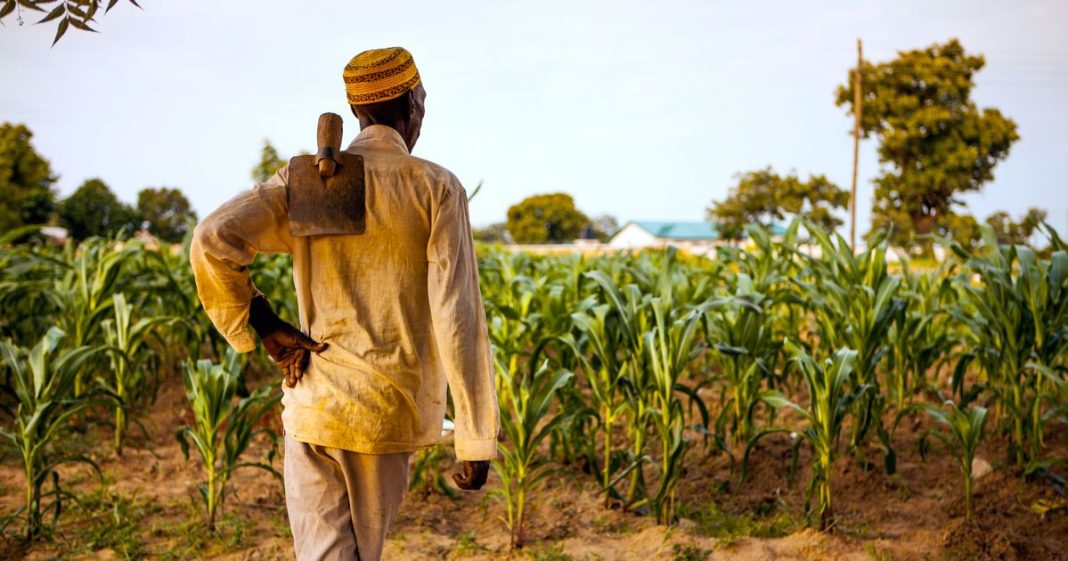The intensification and ramifications of the Russia-Ukraine crisis might be catastrophic, while the ripple effects could spread across a world currently recovering from pandemic supply chain disruptions.
‘When two elephants fight, the grass suffers’, according to a well-known saying. As of yet, the crisis’ impact on global trade has been most pronounced in the Black Sea, where Russian and Ukrainian ports serve as significant hubs for wheat and maize exports.
As a result, the world’s second-largest grain exporting region has been practically closed down. Ukraine accounts for 16% of global maize exports and 30% of wheat exports – which means developing countries that rely on imports could face major supply shocks due to the conflict and sanctions on Russia.
For instance, Egypt, India and Turkey – all these countries rely significantly on Russia for everything from flatbread ingredients to natural gas and tourism, making them particularly vulnerable.
Ghanaian farmers in particular rely on inorganic fertilisers imported from Europe for food production. Ghana imported 425.1 thousand metric tonnes of fertilisers in 2019, up from 315.2 thousand metric tonnes in 2018 (Statista, 2018). Fertiliser imports in 2017 were 444.2 thousand metric tonnes, the highest level ever. The most commonly imported fertiliser type into Ghana is nitrogen, phosphorus and potassium (NPK) fertiliser.
With an annual output of 10.4 million metric tonnes, Russia ranks fourth in the world for nitrogen fertiliser production (NationMaster.com, 2019). Russian natural gas reserve was roughly 47,805 billion cubic metres (bcm) in 2022, and Russia is the world’s top natural gas producer – exporting approximately 196 billion cubic metres of gas each year (World Population Review, 2021). Chemicals, fertilisers, hydrogen and a slew of other things rely on the world’s gas supply, and this Russian-Ukraine crisis threatens to disrupt global fertiliser supply significantly.
Click the link to read the full report
Source: thebftonline.com


